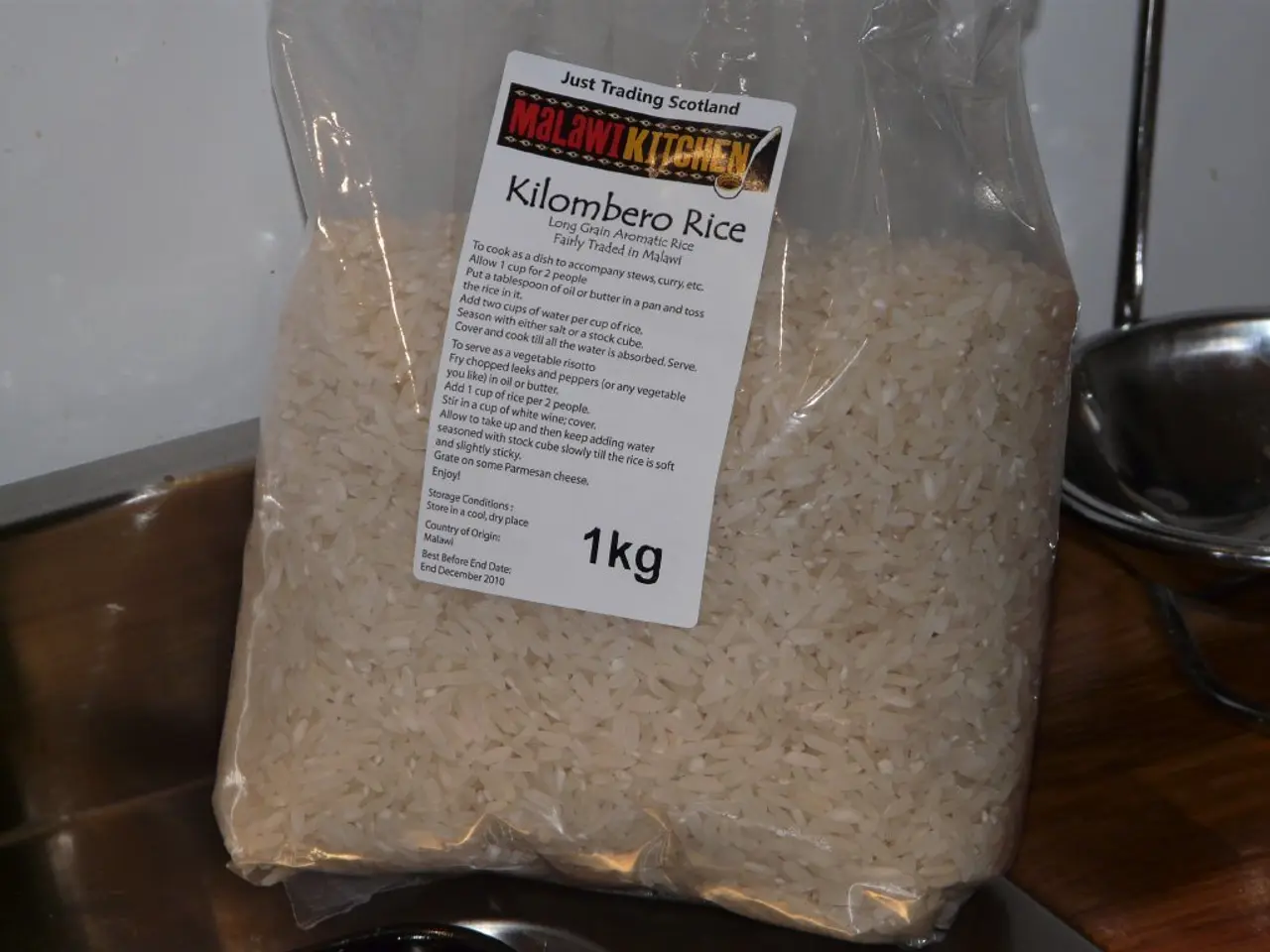Government reports an excess of rice and wheat supplies beyond the benchmark limits, aimed at curbing inflation.
In a significant move to maintain food security and stability, the Indian government has implemented the Open Market Sale Scheme (Domestic), or OMSS-D. This strategic initiative plays a crucial role in managing food inflation by strategically releasing surplus stocks of rice and wheat into the market.
## Managing Food Inflation with OMSS-D
The OMSS-D operates by selling surplus grains, ensuring that the market is well-stocked and maintaining a balance between supply and demand. This balance is essential in preventing price hikes that often accompany shortages.
The scheme also allows the government to regulate market prices by injecting grains into the market when prices start to rise. This intervention helps stabilize prices and prevent inflationary pressures.
The government adjusts the reserve prices of wheat and rice under OMSS-D to reflect economic conditions and costs. This adjustment helps manage inflation by ensuring that prices do not drop too low, which could harm farmers, nor rise too high, which could burden consumers.
By ensuring a steady supply of grains, the scheme discourages speculative trading and hoarding, common causes of price volatility. This stability in prices helps maintain consumer confidence and reduces panic buying.
Higher reserve prices set under OMSS-D also protect farmers from drastic price drops during surplus production periods. This support helps stabilize farmers' incomes, encouraging continued production and supply.
## Current Scenario in 2025
In 2025, despite having adequate wheat stocks, the government has reduced the amount of wheat sold under OMSS-D due to stable prices. This decision reflects a strategic approach to market intervention, ensuring that sales are conducted only when necessary to stabilize prices.
The government continues to sell rice through OMSS-D, aiming to reduce broken rice content and maintain market stability. This approach helps in managing rice prices and ensuring food security.
In conclusion, OMSS-D is a flexible tool that allows the government to manage food inflation by adjusting to market conditions, ensuring that surplus stocks are utilized effectively to support both farmers and consumers. This strategic approach contributes significantly to India's food security and economic stability.
The government utilizes the reduced sales of wheat under OMSS-D in 2025 to monitor market conditions, ensuring sales are made only when needed to prevent price spikes, thus maintaining stability in the finance sector and consumers' lifestyle. In the realm of food-and-drink, the continued sale of rice through OMSS-D reflects the government's commitment to maintaining market stability, which ultimately affects the prices of everyday consumer goods, influencing citizens' overall lifestyle and living expenses.




